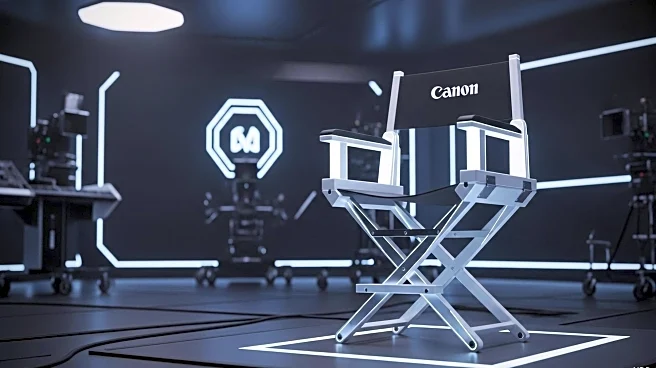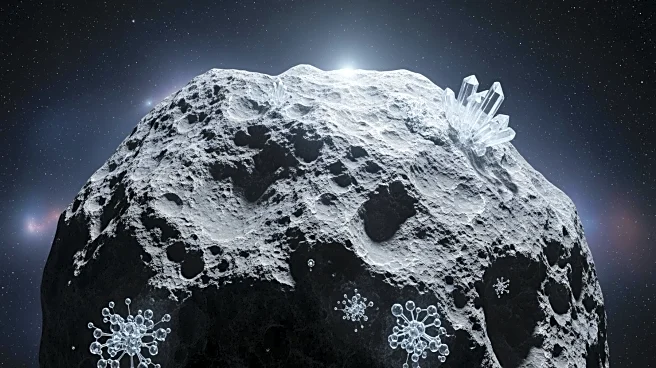What's Happening?
Fede Alvarez, who directed the successful 'Alien: Romulus' film for 20th Century Studios, has announced he will not be directing the sequel. Despite the film's global success, grossing $350 million, Alvarez has decided to pass the directorial role to another filmmaker. He will remain involved as a producer alongside Ridley Scott. Alvarez revealed this decision during an event at Universal Studios’ Halloween Horror Nights in Hollywood. The script for the sequel has been completed, with Alvarez collaborating once again with co-writer Rodo Sayagues. The Alien franchise is currently experiencing renewed interest, partly due to Alvarez's work and Noah Hawley's FX series, 'Alien: Earth'.
Why It's Important?
Alvarez's decision to step down as director but remain as a producer indicates a shift in the creative direction for the 'Alien: Romulus' sequel. This change could impact the film's style and narrative, as a new director may bring different perspectives and ideas. The involvement of Ridley Scott as a producer ensures continuity with the franchise's original vision. The Alien franchise's resurgence, highlighted by the success of 'Alien: Romulus' and the 'Alien: Earth' series, suggests a growing interest in sci-fi narratives, which could influence future projects and collaborations within the industry.
What's Next?
The search for a new director to helm the 'Alien: Romulus' sequel is underway. This decision will be crucial in shaping the film's direction and reception. Fans and industry stakeholders are likely to watch closely for announcements regarding the new director and any changes in the film's production timeline. The continued collaboration between Alvarez and Sayagues on the script suggests that the sequel will maintain thematic and stylistic elements from the original film, while potentially introducing new creative influences.
Beyond the Headlines
The Alien franchise's integration into Disney's pop culture sphere, as suggested by the popularity of the 'Alien: Earth' immersive experience at SDCC, reflects broader trends in entertainment where classic franchises are reimagined for new audiences. This could lead to innovative marketing strategies and cross-platform storytelling, enhancing the franchise's cultural impact.








